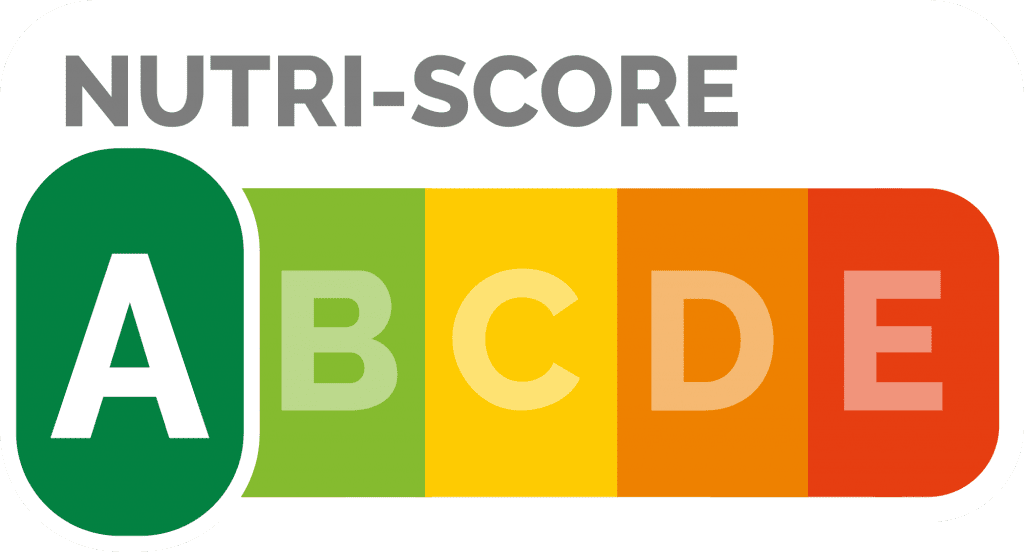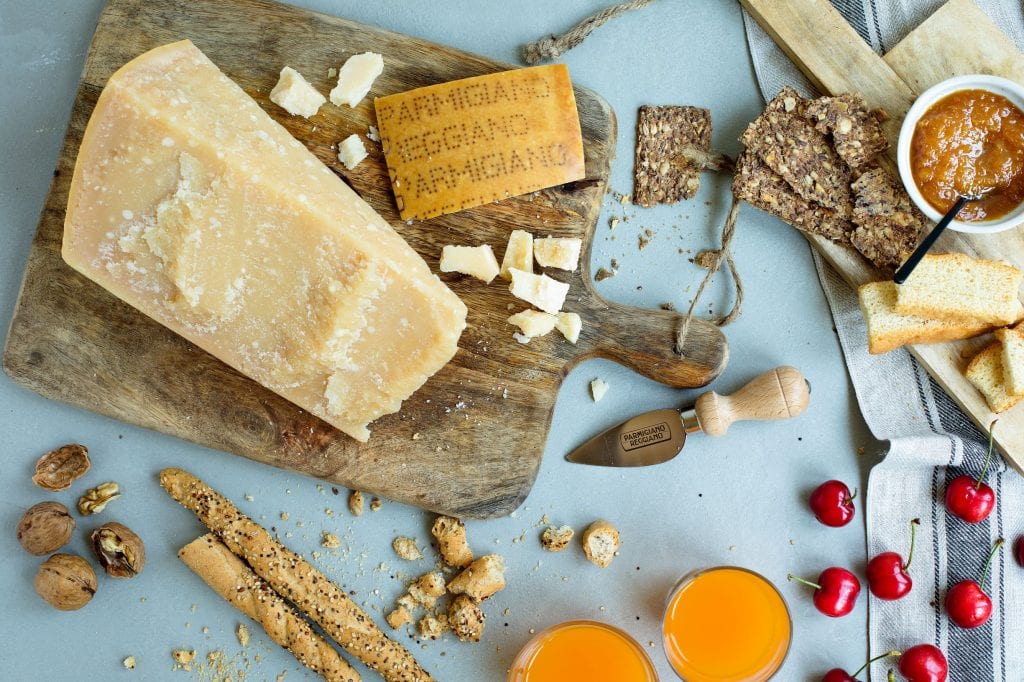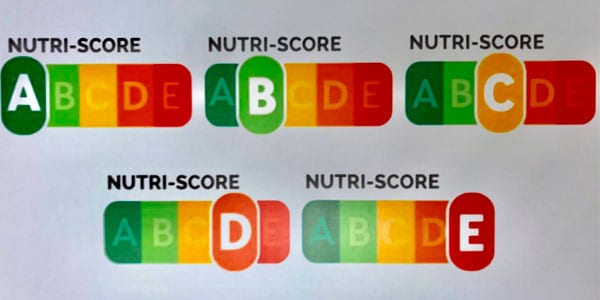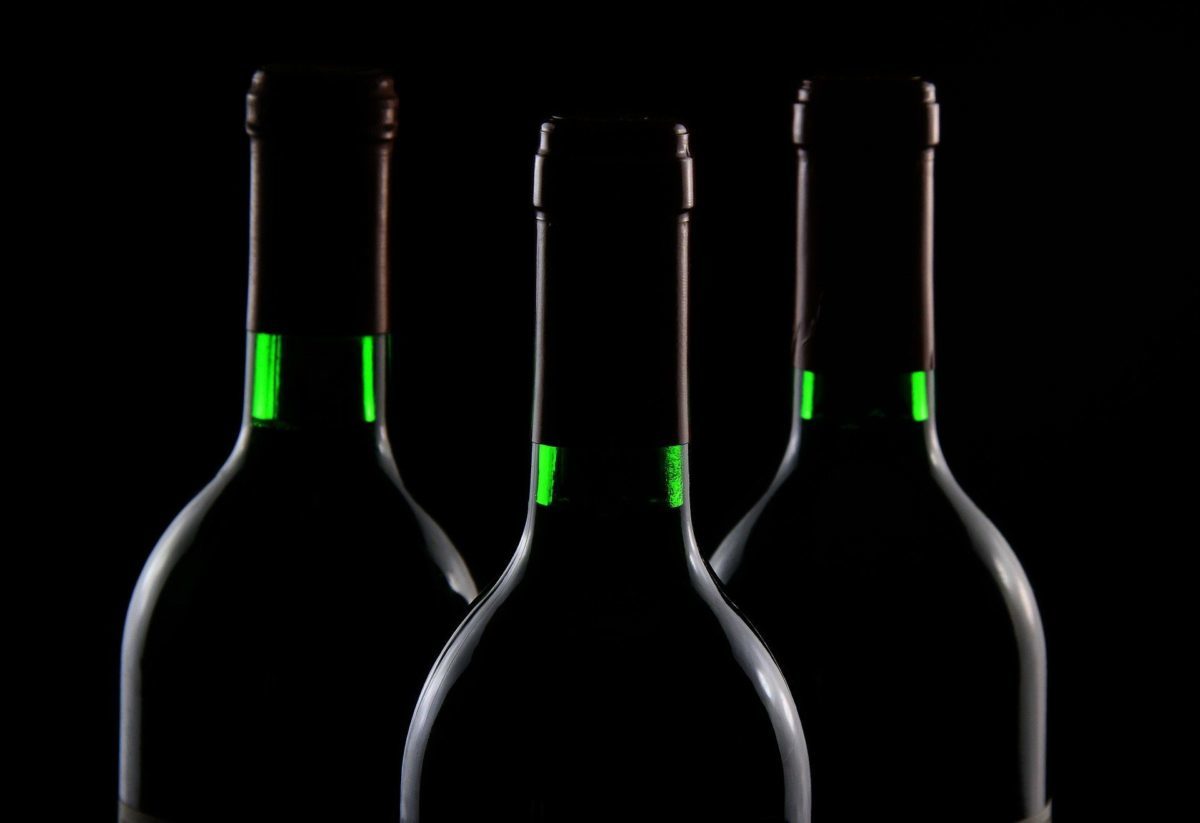The nutrition labeling system is expected to enter into force in the first four months of 2021 in Spain. But controversy with Nutriscore throughout the European Union it continues to speak in countries that have already implemented it with their food. It is the case of Belgium, France and Germany. Labeling will be voluntary for companies that decide to establish it, in the absence of European regulations deciding on the obligatory of the standard throughout the common European territory. For what reasons does it generate such a debate in each nation that is already using it? Here we explain it to you well.
Up to this moment, everything seemed to indicate that this system is the one that created greater consensus in all the European Union looking for a common system. It is easy for the consumer and this motivates scientists, consumer associations, nutritionists and a large part of food companies to see it favorably. Now, for example, in Italy oppose its use.

Italian opposition: controversy with Nutriscore
Although there is a commitment on the part of the system managers, the controversy with Nutriscore exists. To adapt and adjust it according to what products that do not conform to this system of nutritional identification and coding, there should be no problem. But the Italian government does not see it that way. It all starts with the assessment by Nutriscore of some products of the Mediterranean diet. Products like the olive oil they don't get the best of ratings.
From the opinion of the government of Italy, it is considered to be clearly discriminatory in some products from your country. They mention foods they consider healthy and that enter the Mediterranean diet such as olive oil, Parma ham and cheese Parmesan. These products, according to the Italian ministry, could be considered in category D (orange) and E (red) due to their content in fat and salt.
For the Italian authorities it is fairer to use a system that refers to the types of fats, whether they are saturated or not. As well the system should take into consideration and reference the daily reference intake. For all this, the Italians have developed an alternative system called Nutriform that uses these parameters of daily intake.

For the Italian authorities and other European countries it is important to consider traditional diets. Also look for a system that provides information on the recommended daily consumption. All this has led to countries like Greece and Romania see much better the system proposed by Italy. In this way, the controversy with Nutriscore calls into question a classification that is currently already established in the European Union.
This is how the labeling system qualifies
The operation of the system Nutriscore It is based on a very visual traffic light. This has a scale that goes from A to E, based on your best or worst ranking. In this way, the system has a classification of 5 letters and colors, in which the color A Verde dark is the best option and the E red the worst, going through the B, C and D. The system assesses the nutritional contributions that are considered positive, such as vegetables, fruits, foods with fiber… On the other hand, it penalizes products with fat, sugar and salt content.
The main target is that the consumer, in a simple way, identifies the healthier food and make it easy to buy these. In this way, they will go wrong on the scale Nutriscore products such as industrial bakery, processed meats, sausages, French fries and snacks. The European Union With this he wants to give information to the consumer and improve the nutrition of Europeans. Measures that are increasingly needed to curb and prevent the rates of obesity that European society has.

Advertising in infant feeding
In addition, one of the great problems in nutrition continues to be the insights and advertising that reaches them through different communication channels to children and youth. In this sense, Spain wants to reinforce a ethical code of advertising in infant feeding. A "pact" known as the PAOS code. This code currently regulates messages directed at children up to 12 years. As of the new agreement, the intention is that it be extended to 15 years. In addition, the intention of this reform is to prohibit the advertising of all foods that Nutriscore point to red.
On the other hand, you also want ban the participation of people famous, influencers and famous cartoons in advertising aimed at children. All this in order to better regulate the information and advertising that reaches children and that, currently, is not having a rigorous or effective control. It is believed that with this it will be possible to improve the information that reaches children and influence them to improve their nutrition.






